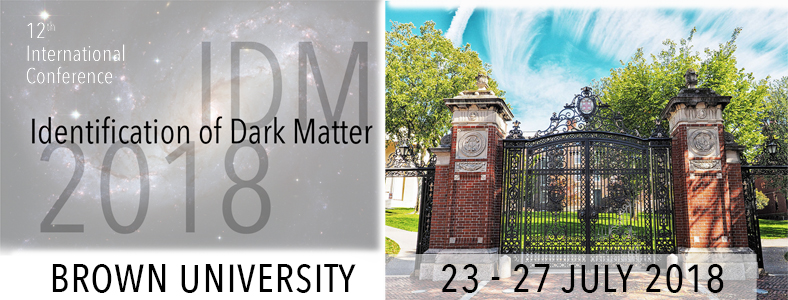Speaker
Description
The robustness of inflation to inhomogeneous initial conditions for matter fields and the spacetime metric is under investigation. If inflationary expansion fails to begin under sufficiently inhomogeneous initial conditions, such that inflation requires fine-tuning of its initial state to occur, then its naturalness is challenged. I will present results for the range of initial conditions which give rise to inflation, based on numerical calculations which evolve the equations of motion of the scale factor and the inflaton field coupled to its quantum fluctuations and metric perturbations through a well-defined set of nonlinear interactions in the Hartree approximation. These results address to what extent inflation can occur under inhomogeneous initial conditions for a few standard slow-roll single-field inflationary models, in calculations which include effects of gravitational back-reaction of perturbations on the background dynamics and on the perturbations themselves, and which have wide applications beyond the inflationary models I will present. Our findings are consistent with recent simulations involving full (3+1) numerical relativity. However, by relying on certain well-studied approximations, our numerical approach can be applied more efficiently to a wide range of models, and can track the evolution of perturbations across a wide range of scales, thereby complementing the recent numerical-relativity simulations.
